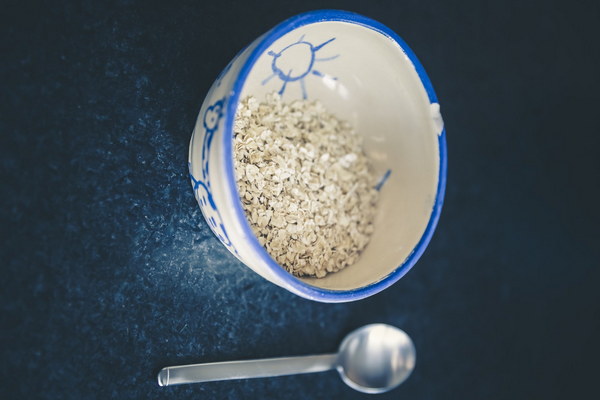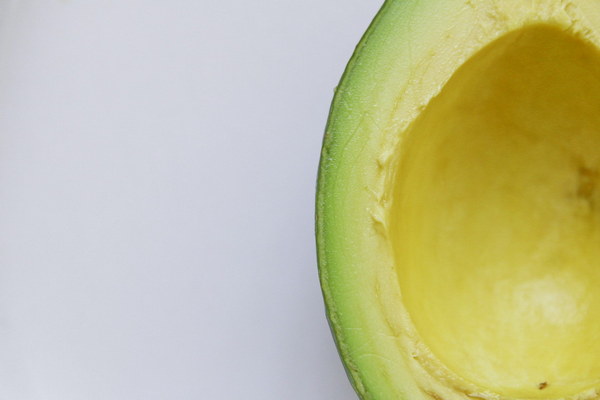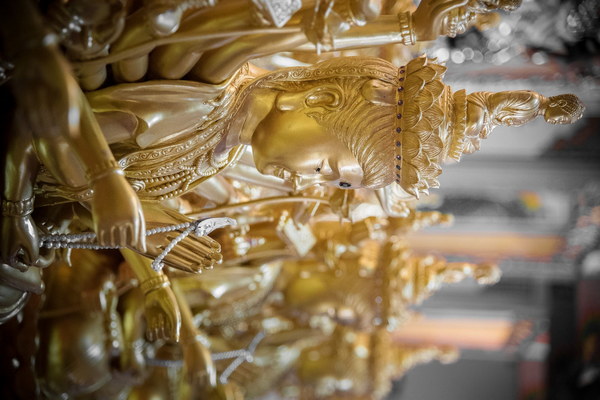Is Nourishing the Kidneys Equivalent to Nurturing the Lungs
The ancient Chinese philosophy of healthcare has always emphasized the importance of balancing the body's internal organs. One of the most intriguing concepts is the belief that nourishing the kidneys is equivalent to nurturing the lungs. But is this notion true? Let's delve into the depths of Traditional Chinese Medicine (TCM) to uncover the truth behind this age-old adage.
In TCM, the kidneys and lungs are considered to be closely interconnected, forming what is known as the kidney-lung system. According to TCM, the kidneys are responsible for storing vital energy, known as Qi or Yin, while the lungs are in charge of breathing and distributing oxygen throughout the body. With this understanding, let's explore whether nourishing the kidneys can indeed be equated with nurturing the lungs.
Firstly, it is essential to recognize that the kidneys and lungs share a mutual relationship in terms of their functions. The kidneys are believed to be the root of Yin and Yang, which are the two fundamental forces that maintain balance within the body. The lungs, on the other hand, are responsible for taking in oxygen and expelling carbon dioxide, which is vital for the proper functioning of the respiratory system.
One of the primary ways in which the kidneys and lungs interact is through the process of breathing. In TCM, deep, rhythmic breathing is considered to be beneficial for both organs. When we breathe deeply, the kidneys receive more oxygen, which aids in the production of Yin and Yang, while the lungs receive the necessary Qi to function optimally.
Moreover, the kidneys and lungs are also interconnected through their respective meridians, which are pathways through which Qi flows. The kidney meridian travels through the lower back, connecting with the lungs, while the lung meridian runs along the upper chest, connecting with the kidneys. This interconnection ensures that the flow of Qi between the two organs is smooth and harmonious.
When it comes to nourishing the kidneys and lungs, there are several TCM practices that can be employed. Here are a few examples:
1. Acupuncture: Acupuncture involves inserting fine needles into specific points on the body to stimulate the flow of Qi and promote healing. Acupuncture treatments can help balance the kidney-lung system and alleviate symptoms related to both organs.
2. Herbs: Certain herbs are believed to have a positive effect on the kidneys and lungs. For instance, ingredients like Astragalus, Codonopsis, and Schisandra are often used to strengthen the immune system, improve respiratory function, and support kidney health.

3. Diet: A balanced diet that includes a variety of nutrients can help support the kidney-lung system. Foods rich in vitamins, minerals, and antioxidants, such as leafy greens, nuts, and fruits, are recommended. Additionally, avoiding excessive consumption of cold and raw foods can help maintain a healthy balance between the kidneys and lungs.
4. Breathing exercises: Practices such as tai chi, qigong, and pranayama can help improve lung function and enhance the body's ability to nourish the kidneys. These exercises focus on deep, diaphragmatic breathing, which promotes the flow of Qi and strengthens the respiratory system.
While the concept of nourishing the kidneys being equivalent to nurturing the lungs is rooted in TCM, it is important to note that Western medicine may not fully endorse this belief. However, the interconnectedness of the two organs is well-documented, and many of the TCM practices aimed at balancing the kidney-lung system can offer benefits to individuals suffering from respiratory or kidney-related conditions.
In conclusion, while the notion that nourishing the kidneys is equivalent to nurturing the lungs may not be a scientifically proven fact, the ancient wisdom of TCM suggests that there is a strong relationship between these two organs. By adopting TCM practices and maintaining a healthy lifestyle, individuals can potentially improve their kidney and lung health, leading to a more balanced and harmonious body.









